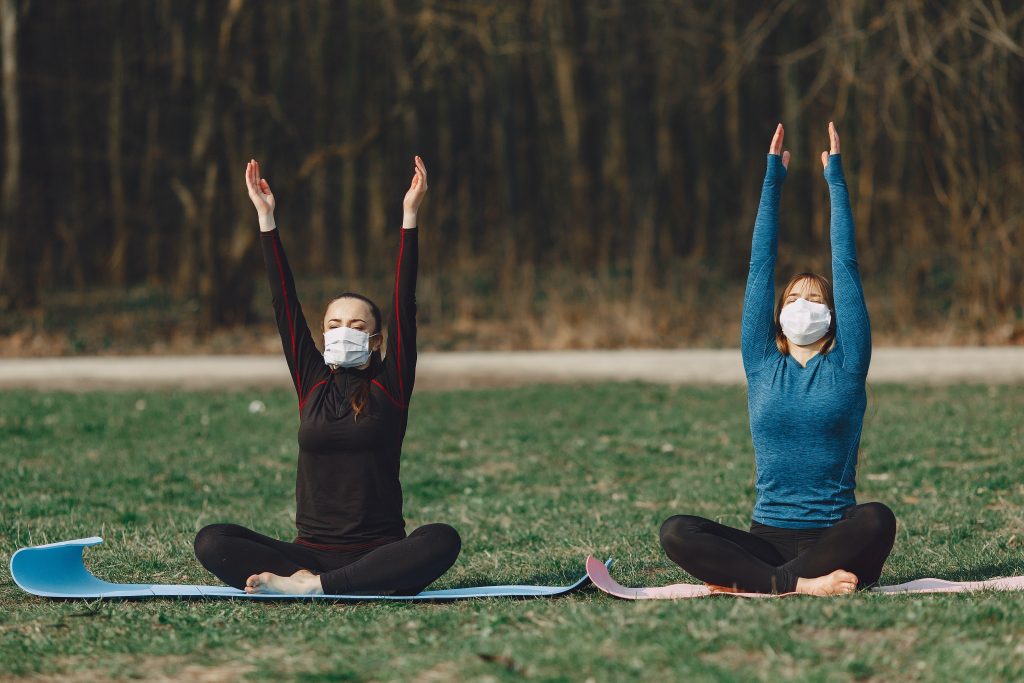
COPING WITH STRESS DURING COVID-19
Stress is your body’s reaction to the demands of the world and during the pandemic the demands not only personally but also professionally have been huge.
The COVID-19 pandemic has had a significant impact on our mental health and feeling stressed seems to have become part of our daily lives. Stress is your body’s reaction to the demands of the world and during the pandemic the demands not only personally but also professionally have been huge. Although a sense of normalcy is returning as we move to stage 1 of lockdown there is no denying the impact on employees’ mental health. In a recent survey as many as 7 out of 10 employees reported the highest levels of stress in their professional career. A marked growth in mental-health disorders negatively impacts productivity and increases absenteeism. Mood disorders such as anxiety are “significantly higher in people with at least one family member or friend who tests positive for the Corona virus”. In South Africa, with our high infection rate it is easy to comprehend why so many individuals are reportedly struggling with mental health disorders.

Mrs Leah Gous, well-known counselling psychologist based in Melville, with experience in employee wellness and stress management techniques urges companies to take their employees’ current mental health into account. Poor productivity, loss of concentration, human error and increased absenteeism are all associated with mental health disorders. Leah says that stress management training and the promotion of health interventions have a positive impact on mental wellbeing and recommends that management take the lead and talk to their employees about the importance of mental health. This will be helpful to build a more resilient workforce that is better equipped to deal with challenges that may arise.
Leah has identified six strategies to help individuals cope better with stress during COVID-19 and help build resiliency.
Do not put your life on hold
It is in our nature not to enjoy drastic change and we struggle to adapt to it at the best of times. It is understandable that many individuals seem to live in a COVID ‘bubble’ by isolating themselves with the hope that it will be over soon and they can return to their normal lives. The problem is that we do not know when COVID-19 will be over and if things will ever go back to the way they were before. Focus on the here and now and take each day as it comes and live it fully!

Limit your exposure to media
It is important to be up to date with current affairs but repeated exposure to traumatic and negative news stories can have detrimental effects on our mental health. Individuals who have been exposed to extensive media coverage of COVID-19 report elevated anxiousness and increased levels of acute stress. It is unlikely that the media will always provide a balanced view as media tends to focus on sensationalism and over emphasize negative information.
Be aware of what may trigger you emotionally
By identifying what causes stress it is possible to develop more effective techniques to manage the stress trigger. Take some time to identify the primary causes of stress in your life right now. Be specific and write it down to create awareness and use that awareness change your behaviour. Knowing what triggers you can empower you to be able find the best solutions so that you can take control and cope more effectively.
Take cognisance of your strengths
When we are stressed and struggling with anxiety it becomes difficult for us to remain positive and optimistic about a given situation. We feel overwhelmed by thoughts of “what if…”. We feel that we will not be able to cope with the unknown (whatever it may be). We forget that we have faced many challenges in the past and that we do have strengths and traits to help us through trying times. By being aware of the strengths that got you this far you can stay focused, grounded and motivated. Focusing on your strengths helps boost your self-confidence and builds resilience.
Reframe your attitude
What is reframing? “Reframing involves changing your perspective on a given situation to give it a more positive or beneficial meaning to you.” For example: “It feels scary when I can’t control everything” can be reframed as “I can cope with whatever happens”. Changing how you view a situation impacts how you respond. When we choose to see a situation as more positive (reframing) we in turn feel more positive and optimistic thoughts serves as a protective buffer against anxiety and depression.

Connect with your peers
The COVID-19 pandemic has isolated individuals physically from one another and has left many feeling emotionally isolated increasing feelings of loneliness, stress and anxiety. A helpful way to reduce these feelings is by connecting with other individuals. “A problem shared, is a problem halved”. Connecting with one another and sharing our experiences can offer new insights and help motivate problem solving. It can also help to identify individuals who are not coping and help them to get the necessary help. Leah advises that any individual who finds themselves unable to cope emotionally with the effects of COVID-19 should seek assistance from a healthcare professional.


